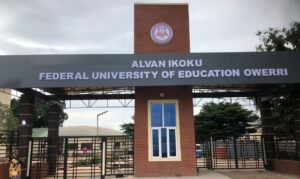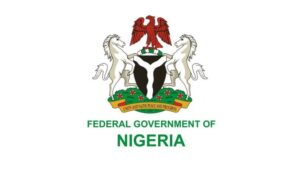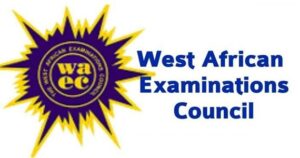Student Loan: FG to Begin Payment of N35 Billion to 70,000 Successful Applicants

The Federal Government of Nigeria has announced plans to commence the disbursement of N35 billion in student loans to 70,000 successful applicants. This significant move marks a crucial step in the implementation of the Student Loan Scheme, aimed at improving access to higher education for Nigerian students.
Key Details:
- Loan Amount: The total disbursement amounts to N35 billion, indicating an average of N500,000 per successful applicant.
- Number of Beneficiaries: 70,000 students have been selected as successful applicants for this initial phase.
- Eligibility: The loans are targeted at students from less privileged backgrounds who meet specific criteria set by the government.
- Application Process: Students were required to apply through a designated online portal, providing the necessary documentation to prove their eligibility.
- Disbursement Timeline: The government is expected to begin payments imminently, with funds to be released directly to the respective higher institutions.
- Loan Terms: While specific repayment terms have not been fully disclosed, the loans are expected to have favorable conditions to ensure affordability for students.
- Purpose: The loans are intended to cover tuition fees and other education-related expenses, reducing the financial burden on students and their families.
Impact and Implications:
- Increased Access to Education: This initiative is expected to significantly increase access to higher education, particularly for students from low-income families.
- Economic Boost: The influx of funds into the education sector could stimulate economic activity in and around university communities.
- Human Capital Development: By enabling more Nigerians to pursue higher education, the scheme aims to enhance the country’s human capital and workforce quality.
- Reduction in Education Inequality: The loan scheme may help bridge the gap between economically advantaged and disadvantaged students in accessing quality education.
- Potential Challenges: The government will need to address concerns about loan repayment mechanisms and the long-term sustainability of the program.
Next Steps:
- The government is expected to provide detailed information on the disbursement process and timeline.
- Successful applicants should watch for official communications regarding the next steps and any required documentation.
- Higher education institutions are likely to be engaged in the process to ensure smooth implementation.
- The public will be keen to see how this initial phase unfolds and whether it will lead to an expansion of the program in the future.
This landmark initiative represents a significant investment in Nigeria’s youth and the future of education in the country. As the program rolls out, it will be closely watched by educators, students, and policymakers alike for its potential to transform the landscape of higher education financing in Nigeria.




